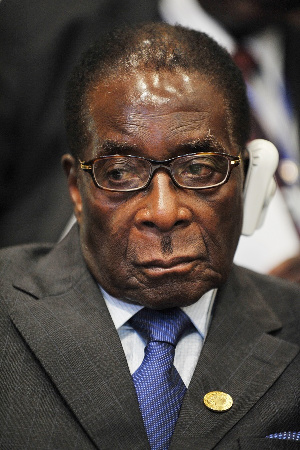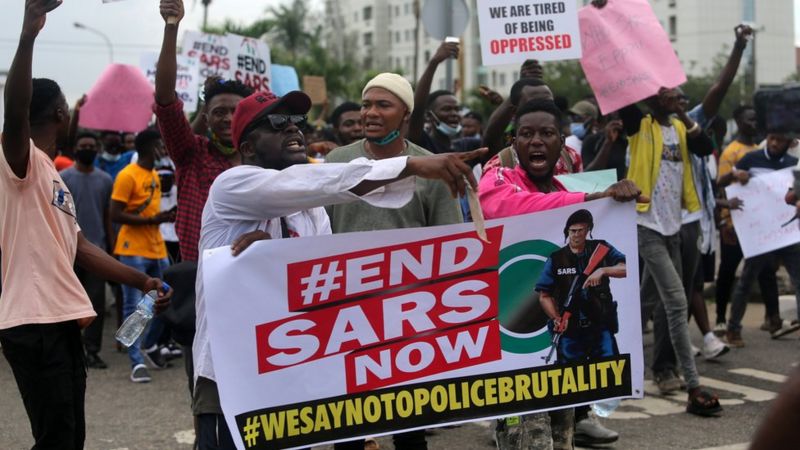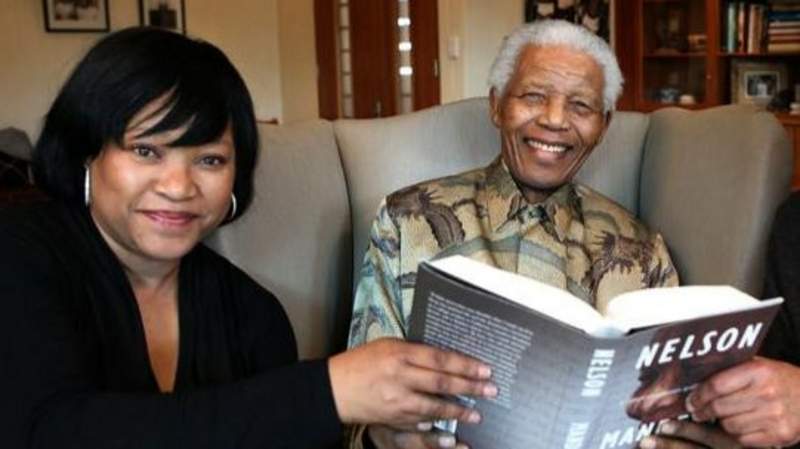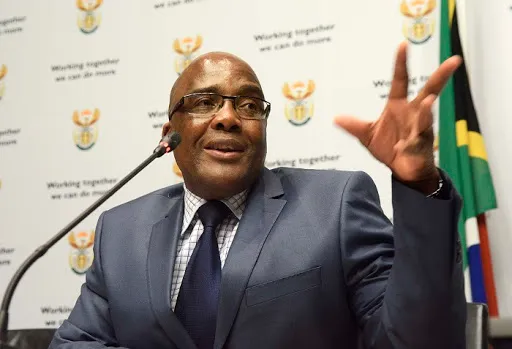The Late Former Zimbabwean President Robert Mugabe Profile

Robert Gabriel Mugabe was a Zimbabwean revolutionary and politician who served as Prime Minister of Zimbabwe from 1980 to 1987 and then as President from 1987 to 2017.
He chaired the Zimbabwe African National Union (ZANU) group from 1975 to 1980 and led its successor political party, the ZANU – Patriotic Front (ZANU–PF), from 1980 to 2017.
Ideologically an African nationalist, during the 1970s and 1980s he identified as a Marxist–Leninist, although after the 1990s self-identified only as a socialist. His policies have been described as Mugabeism.
Robert Gabriel Mugabe was born on 21 February 1924 at the Kutama Mission village in Southern Rhodesia’s Zvimba District. His father, Gabriel Matibiri, was a carpenter while his mother Bona taught Christian catechism to the village children.
Mugabe was born to a poor Shona family in Kutama, Southern Rhodesia. Following an education at Kutama College and the University of Fort Hare, he worked as a school teacher in Southern Rhodesia, Northern Rhodesia, and Ghana. Angered that Southern Rhodesia was a colony of the British Empire governed by its white minority, Mugabe embraced Marxism and joined African nationalist protests calling for an independent state led by representatives of the black majority.
After making anti-government comments, he was convicted of sedition and imprisoned between 1964 and 1974. On release, he fled to Mozambique, established his leadership of ZANU, and oversaw ZANU’s role in the Rhodesian Bush War, fighting Ian Smith’s predominantly white government.
Teaching career: 1945–1960
During the following years, Mugabe taught at various schools around Southern Rhodesia among them the Dadaya Mission school in Shabani here is no evidence that Mugabe was involved in political activity at the time, and he did not participate in the country’s 1948 general strike. In 1949 he won a scholarship to study at the University of Fort Hare in South Africa’s Eastern Cape.
Imprisonment: 1963–1975
Mugabe was arrested on his return to Southern Rhodesia in December 1963. His trial lasted from January to March 1964, during which he refused to retract the subversive statements that he had publicly made. In March 1964 he was sentenced to 21 months imprisonment. Mugabe was first imprisoned at Salisbury Maximum Security Prison, before being moved to the Wha Wha detention centre and then the Sikombela detention centre in Que Que.
At the latter, he organised study classes for the inmates, teaching them basic literacy, maths, and English. Sympathetic black warders smuggled messages from Mugabe and other members of the ZANU executive committee to activists outside the prison.
Source: Thepressradio.com





